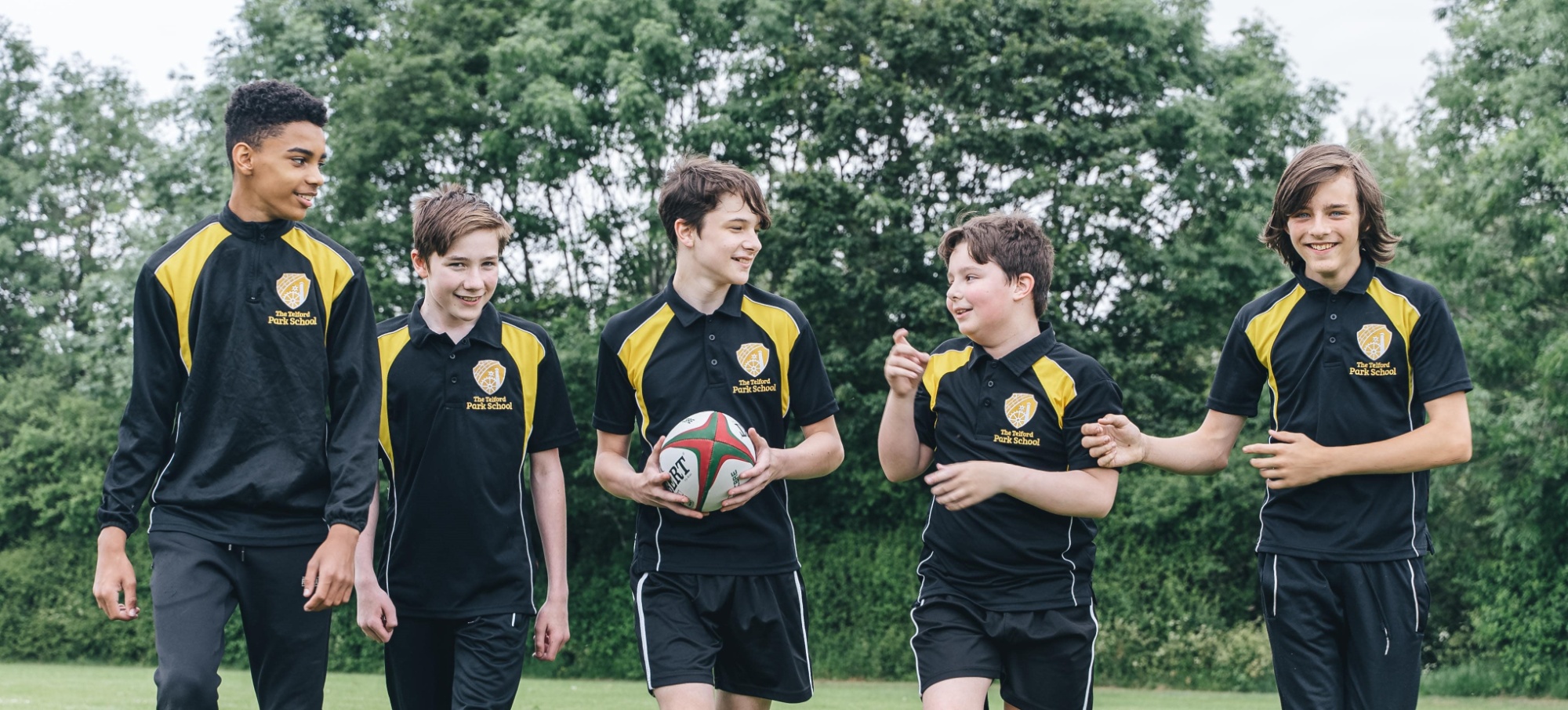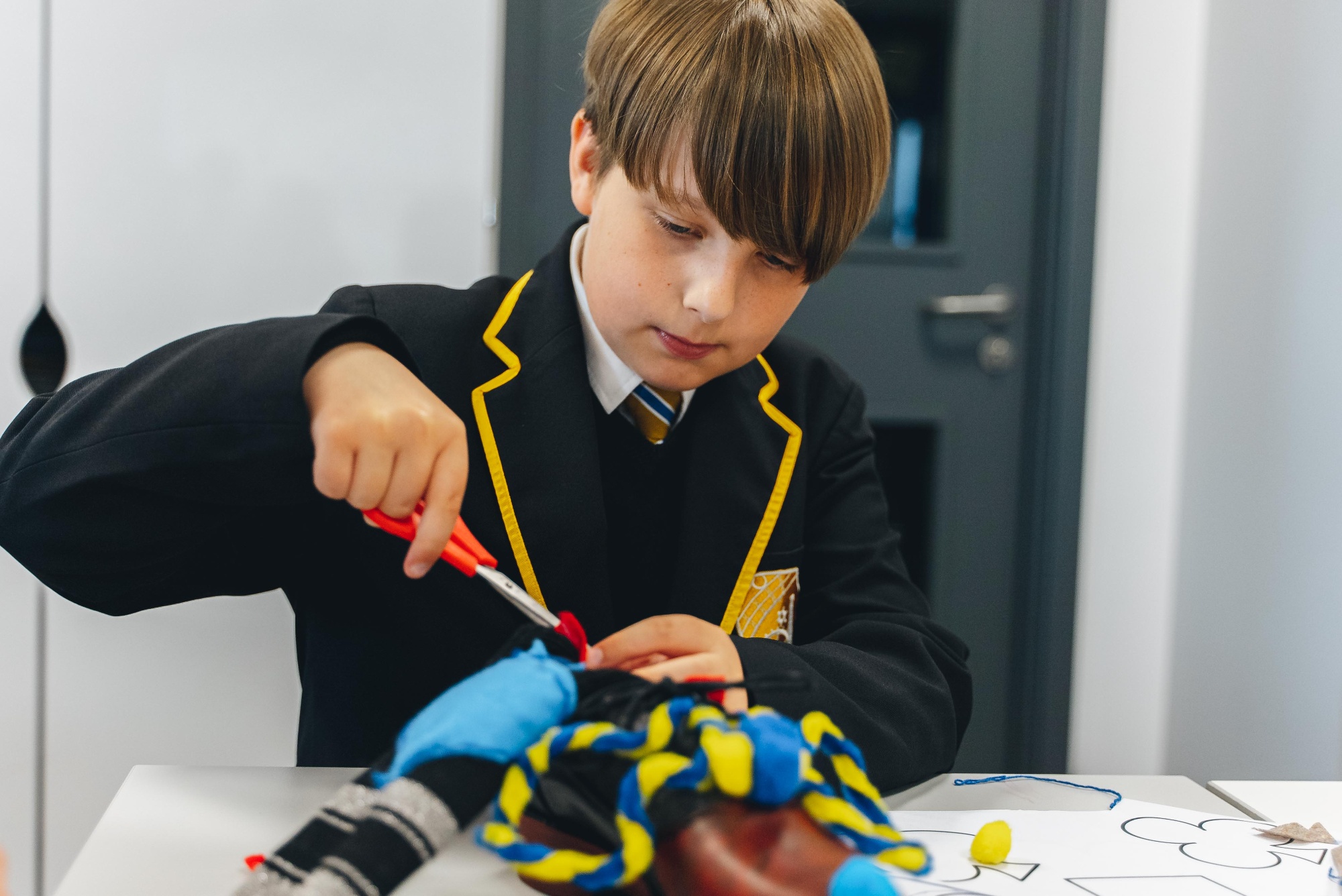Pupil Premium Strategy Statement
This statement details our school’s use of pupil premium funding to help improve the attainment of our disadvantaged pupils.
It outlines our pupil premium strategy, how we intend to spend the funding in this academic year and the effect that last year’s spending of pupil premium had within our school.
How can I get more information?
For information about how we plan provision and track progress, please contact Mr J Warburton.
I am not sure if my child could have free school meals – where can I get more information?
Please contact school reception, who will be happy to help.



